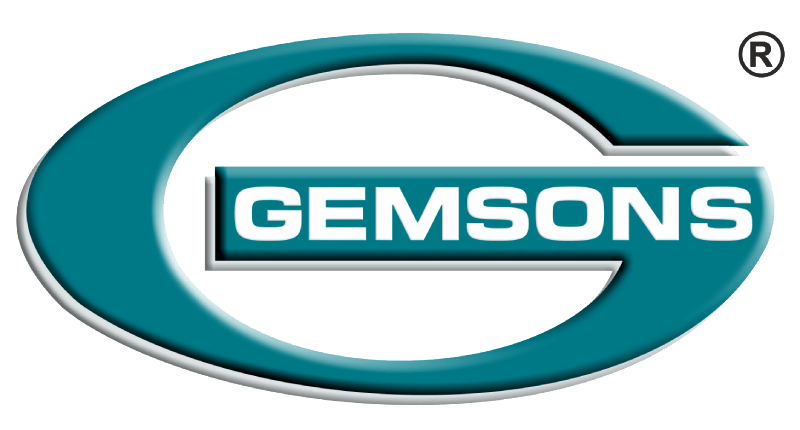CNC metal machining is a highly repeatable and accurate manufacturing process for producing parts in quantities ranging from prototypes to large-scale production runs. CNC tooling cuts a solid block of material into the desired shape using pre-programmed instructions. This method’s versatility makes it appropriate for various applications and their unique needs. While CNC metal machining is adaptive, starting with the correct material is critical to getting the desired result.
Material selection is critical in every manufacturing process, but engineers and product teams must be extra careful with CNC machining materials. Because this procedure works with a wide range of materials — from metal to fiberglass to wood — it’s easy to make the mistake of selecting a material that’s adequate for the job but not ideal.
This blog post covers CNC metal machining material selection in this blog post and an overview of some distinct possibilities.
Essential Factors to Consider When Choosing CNC Metal Machining Materials:
What will the part’s function be?
The intended usage of a part is the first thing you should consider. The scopes of applications for each material are listed in the section below. It’s enough to eliminate three-quarters of the candidates who won’t do the work for you.
The following are some additional questions you might want to ask yourself at this point in the decision-making process:
What is the nature of the business?
You are assumed to be familiar with the sphere for which you create pieces. On the other hand, some components have a wide range of applications. You should make sure the material can withstand extensive use and, if necessary, be used as a design element.
Is it better to be indoors or outside?
To put it another way, what are the environmental circumstances under which your part will be used? It also has a considerable impact on material selection. Some polymers and metals are more or less resistant to moisture and wear.
What are the stresses?
Keep an eye on the loads and strains your parts are anticipated to withstand. They should work well in all of the intended environments.
Does weight matter?
Of course, weight is essential as there are several industries where component weight is critical. Automobiles, medical, electronics, transportation, aerospace, aviation, military and defense, and various other sectors are included.
Make sure your pieces aren’t any heavier than they should be. Otherwise, despite their excellent features, they will not be popular.
In general, parts manufactured of any material, regardless of weight, can be used for manufacturing and industrial purposes. This is because machines on the production line can bear huge loads. In other circumstances, try for something that isn’t too heavy.
Is there a requirement for high strength or heat resistance on the part?
Engineers should evaluate what kind of strength — and to what degree it matters — is necessary for their part using various methods (tensile strength, wear resistance, etc.). These factors will influence the size of the pool of viable materials. Similarly, certain materials will be excluded from the start due to temperature constraints. Engineers should also consider if their item will be subjected to temperature variations, as nearly all materials expand and contract in reaction to changes in temperature.
What is the budget for the project?
The cost of materials is virtually always a factor in material selection. Most product teams want to use a material that maximises desired material attributes and performance while lowering costs.
Five common CNC metal machining materials
Because any hard enough machining material — metal or plastic — can be utilized for CNC manufacturing, product teams are spoiled for choice. This brief reference guide covers some of the most commonly used materials in CNC manufacturing today.
Aluminum
Aluminum is a cost-effective, versatile, and easy-to-machine material that may be used for various machining operations. Aluminum has a superior strength-to-weight ratio, and it is easier to machine than other materials. Anodizing aluminum gives a hard, protective covering, even though it is weaker than steel.
Brass
Brass is commonly used in cosmetic applications, such as building projects, due to its highly polished finish that resembles gold. Because of its low strength and stability, it’s simple to machine. Because of its electrical conductivity, brass is a superb choice for common friction applications.
Nickel
Nickel is a tough alloy to machine because it generates a lot of heat when cut and is strong enough to resist metal removal. However, this material is ideal because of its aqueous corrosion resistance and strength.
Titanium
Titanium’s high melting point makes it useful for various applications, including aerospace and medicine. This solid but light metal is a good heat conductor, and its corrosion-resistant qualities protect it from salt and water.
Stainless Steel
Stainless steel is available in various grades and offers excellent corrosion and wear resistance and high strength and flexibility. This material is simple to mill, weld, and polish, making it ideal for use in the aerospace and automotive industries.
Material selection is simplified when working with a reputable on-demand manufacturing partner like Gemsons. Our manufacturing professionals have extensive experience helping product teams through product development and manufacturing, beginning with design and material selection. Let’s work together to create something extraordinary — contact us to get started.



Recent Comments